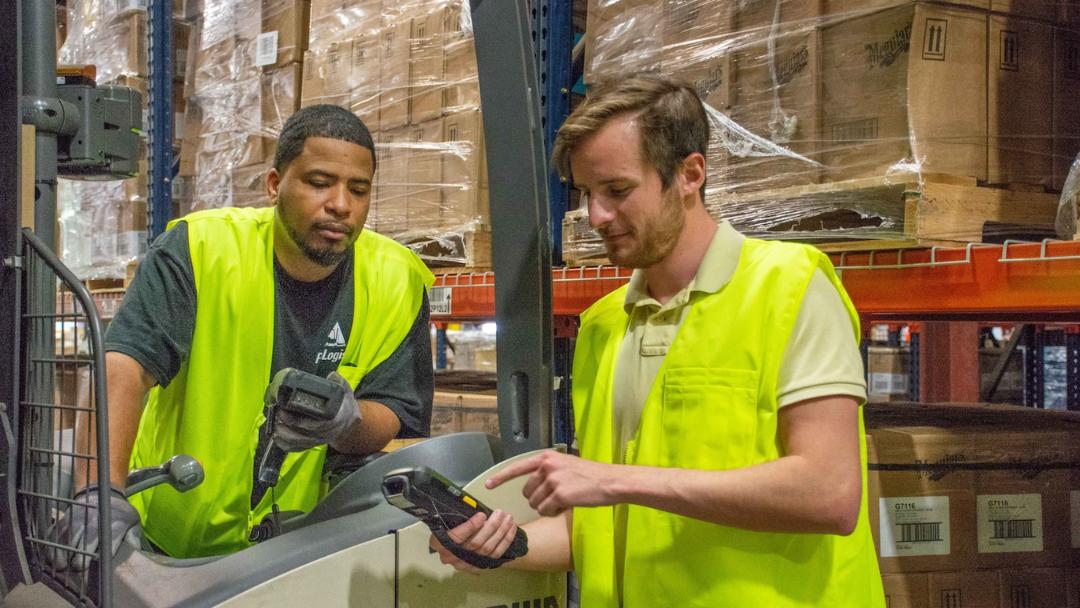This is a huge question…and for many employers, it’s hard to answer.
For a lot of businesses, the cost of employing their workforce is at the biggest thing on their balance book. In fact, labor can be as much as 70% of a business’ expenditures. So it’s critical to fully understand how much each employee is costing you.
If you have a warehouse full of workers making $14 per hour, the math should be simple—right?
Hourly wage - $14
Hours per week - 40
Weeks per year - 52
Equates to $29,120
Unfortunately, that number is far from accurate. When you’re calculating the cost of employment using only individual wages, there are a number of significant expenses left out:
- Taxes: As an employer, you contribute separately to employees’ Social Security, Medicare, and Federal and State Unemployment Taxes. Depending on your state, this can be as high as 13% of each employee’s wages.
- Insurance: When you directly hire workers, it’s a necessity to make sure everyone is protected in the event of an injury or mishap. Covering your team with workers’ compensation, short- and long-term disability insurance, and liability insurance isn’t cheap. Especially for positions that have heavy lifting or other risks, like warehouse roles and kitchen staff.
- Benefits: You might not think you’re paying out-of-pocket for sick days, but when employees take time off, there is a definite cost to their absence. In addition, benefits include other basics, like medical insurance.
- Recruitment and Ongoing Management: When you’re employing workers on your own, you also have to pay to recruit and manage them. The true cost of recruitment may be higher than you think, and you can’t forget about the HR and payroll staff required to keep your organization functioning smoothly.
In total, your workforce actually costs a lot more than just their hourly wages. And the real numbers are particularly important for a manager to know. An accurate understanding of what your workforce costs has a number of clear benefits. These are just a few
- You know how much it costs to scale: If you get 20% more orders, how much will it cost your business to fulfill them? Your workforce costs are part of what your business is spending to deliver your products or services to customers. Knowing exactly what one worker can do in a day, and how much that labor costs your company, is critical for scaling your business over time.
- You can analyze ROI on per worker basis: How much ROI does each worker actually bring your business? In order to calculate this number, you have to know what they can produce and how much they cost your business. This is key not just for budgeting and scaling, but also for evaluating your workforce.
- You can evaluate opportunities to save: Many different businesses have faced tough times this year. If you’re forced to cut costs, you must be able to tell how much money your company will save by laying off a worker and what impact that will have on the rest of your workforce. When you are in a position to need to cut costs, before cutting the size of your workforce, you might want to consider how your staffing costs are contributing (see #4 below).
- You can clearly determine the value of your staffing partners: Staffing through a service like Employbridge can help ease the burden of recruitment and employment costs. But that isn’t true of every staffing service. In total, there are a lot of opportunities to save by partnering with a high-quality staffing partner. Just make sure to cover your bases. With a true staffing partner, you can be saving costs not just on labor but in payrolling and HR as well, and you should look for a W-2 staffing firm that provides real benefits, as well as flexibility, to ensure you get the best talent.


